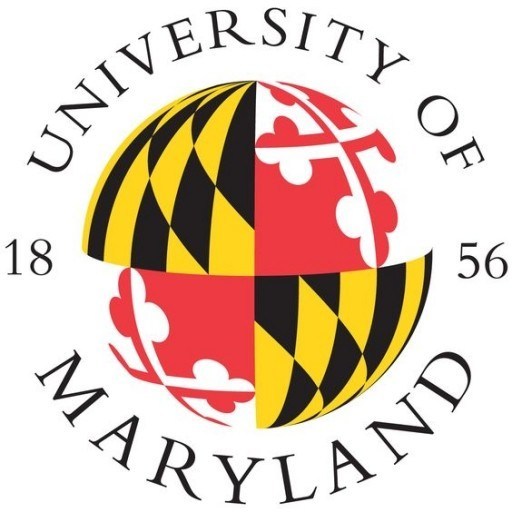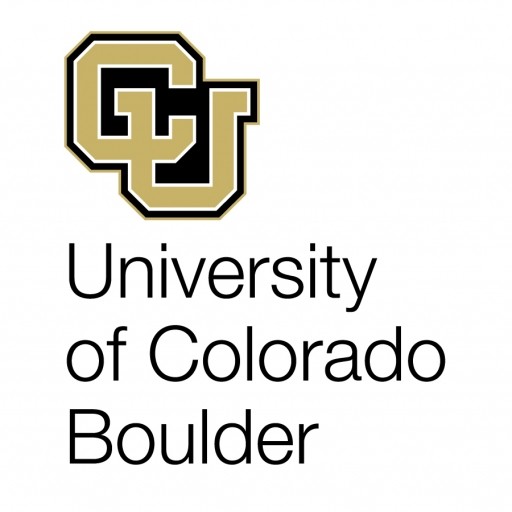Photos of university / #cornelluniversity
Aerospace Engineering at Cornell University offers a comprehensive undergraduate program designed to prepare students for leadership and innovation in the aerospace industry. The curriculum integrates principles of aerodynamics, propulsion, avionics, structural design, materials science, and control systems, providing students with a solid foundation in both the theoretical and practical aspects of aerospace science. Students have access to state-of-the-art laboratories, research facilities, and aerospace industry partnerships, enabling hands-on learning and real-world problem solving. The program encourages interdisciplinary collaboration, allowing undergraduates to work alongside graduate students and faculty on cutting-edge research projects such as unmanned aerial vehicles, spacecraft design, and advanced propulsion systems. Core courses include fluid dynamics, thermodynamics, flight mechanics, aerospace materials, and computer-aided design, complemented by electives that allow specialization in areas like space systems, avionics, or composite materials. The program emphasizes experiential learning through design projects, internships, and study abroad opportunities, preparing graduates for careers in aerospace manufacturing, research and development, government agencies, or pursuing advanced degrees. Cornell's Aerospace Engineering program also promotes innovation and entrepreneurship, supporting students in developing new aerospace technologies and startups. Graduates exit the program equipped with a strong technical skill set, an understanding of the ethical and societal implications of aerospace activities, and a global perspective essential for success in the evolving aerospace industry. Whether aiming to contribute to space exploration, aircraft design, or emerging aeronautical technologies, students are encouraged to engage actively with industry trends and research initiatives, positioning themselves at the forefront of aerospace engineering advancements worldwide.
The Aerospace Engineering program at Cornell University offers a comprehensive and rigorous curriculum designed to prepare students for careers in the aerospace industry, research, and academia. The program combines theoretical foundations with practical applications, ensuring graduates are well-equipped to tackle the challenges of designing, analyzing, and manufacturing aircraft and spacecraft. Students will engage with core subjects such as fluid dynamics, aerodynamics, structural mechanics, propulsion systems, and control systems, gaining deep insights into the principles that govern flight and space exploration.
The curriculum emphasizes experiential learning through laboratory work, design projects, and internships, fostering hands-on skills essential for professional success. Students have access to state-of-the-art facilities, including wind tunnels, flight simulators, and aerospace testing laboratories, providing opportunities to apply classroom knowledge in real-world settings. The program also encourages interdisciplinary collaboration, allowing students to work with experts in materials science, computer science, and systems engineering to develop innovative aerospace solutions.
Research plays a vital role in the Aerospace Engineering program, with students and faculty engaging in cutting-edge projects related to aircraft performance, satellite technology, propulsion efficiency, and sustainable aviation solutions. The program offers both Bachelor of Science degrees and opportunities for graduate study, including Master's and Ph.D. levels, enabling students to specialize in areas such as aerodynamics, aerospace systems design, and space systems engineering.
Cornell’s strong industry connections and emphasis on research provide students with numerous internship opportunities, co-op programs, and partnerships with leading aerospace companies and governmental agencies. The program encourages innovation, critical thinking, and leadership, preparing graduates to contribute to advancements in aerospace technology and to address global challenges in transportation, environmental sustainability, and space exploration. With a vibrant academic community and dedicated faculty, students in the Aerospace Engineering program at Cornell are supported in developing the technical expertise and professional skills needed to excel in this dynamic field.
The Bachelor of Science in Aerospace Engineering at Cornell University requires students to complete a total of approximately 128 credit hours, including general education, core engineering courses, and specialized aerospace topics. Students must satisfy the College of Engineering’s breadth and depth requirements, which encompass mathematics, physics, chemistry, and engineering fundamentals. The program begins with foundational courses in calculus, differential equations, physics, and programming to establish a strong quantitative background. Subsequent coursework includes fluid mechanics, thermodynamics, materials science, statics, dynamics, and systems engineering.
Aerospace-specific courses focus on aerodynamics, aircraft and spacecraft structures, propulsion systems, control systems, and aircraft design. Students are encouraged to participate in laboratory work, design projects, and simulation exercises to develop practical skills. The program emphasizes the application of principles in the design, analysis, and testing of aerospace vehicles. In addition, students are required to complete a capstone design project, which involves teamwork on an actual aerospace engineering problem, integrating theoretical knowledge with practical engineering skills.
Research opportunities and internships are highly recommended to gain real-world experience. A senior-year design course involves comprehensive projects that culminate in a final presentation and report. To support their education, students are also expected to engage with interdisciplinary coursework and collaborate with faculty on research initiatives. A planned progression through both fundamental and advanced topics ensures students acquire a broad yet specialized understanding of aerospace engineering. Graduation requires maintaining satisfactory academic standing, fulfilling all curricular and experiential requirements, and adhering to the university’s policies. The program aims to prepare graduates for careers in aircraft and spacecraft design, propulsion, systems analysis, and aeronautical research, or for continued studies at the graduate level.
The Aerospace Engineering program at Cornell University offers a comprehensive range of financing opportunities to support students throughout their studies. Undergraduate students can access a variety of scholarships, grants, and financial aid options designed to make education affordable and accessible. Cornell's Office of Financial Aid provides detailed information about need-based grants, work-study programs, and loan options. Prospective and current students are encouraged to complete the Free Application for Federal Student Aid (FAFSA) and the Cornell Financial Aid Application to determine their eligibility for federal, state, and institutional support.
In addition to institutional aid, students have access to merit-based scholarships awarded based on academic achievement, leadership qualities, and potential contributions to the university community. For example, the College of Engineering offers scholarships specifically targeted at engineering students, including those enrolled in Aerospace Engineering. These scholarships often have renewal criteria, allowing students to receive continued support throughout their degree programs if they maintain satisfactory academic progress.
Furthermore, Cornell University supports students interested in research and internship opportunities that can provide additional funding and practical experience. Many aerospace engineering students participate in sponsored research projects, internships, or co-op programs, which occasionally come with stipends or hourly wages. External funding sources such as fellowships and private scholarships are also available, often requiring application through departmental or external organizations.
Graduate students pursuing advanced degrees in Aerospace Engineering can explore fellowships, teaching assistantships, research assistantships, and departmental funding. These opportunities typically cover tuition fees and provide a living stipend, enabling students to focus on their research and academic pursuits without substantial financial burden. Graduate applicants are advised to communicate directly with faculty advisors and the graduate program office to identify the most suitable funding options.
Overall, Cornell University is dedicated to providing adequate financial support to its aerospace engineering students through a combination of internal and external funding sources, ensuring that financial constraints do not hinder talented individuals from achieving their educational and professional goals.
The Bachelor of Science in Aerospace Engineering at Cornell University offers a comprehensive curriculum designed to prepare students for careers in the aerospace industry, including aircraft and spacecraft design, manufacturing, and research. The program emphasizes fundamental principles of aerodynamics, propulsion, structural analysis, materials science, and systems engineering. Students have opportunities to engage in hands-on projects, laboratories, and research initiatives that develop their practical skills and deepen their understanding of aerospace technology. The department collaborates closely with industries and research institutions, providing students with internships, cooperative education programs, and exposure to the latest advancements in aerospace engineering. The program also encourages interdisciplinary learning, integrating insights from mechanical engineering, electrical engineering, computer science, and materials science to solve complex aerospace problems. Students are guided by faculty members who are recognized experts in fields such as aerodynamics, fluid mechanics, propulsion systems, and aerospace materials. The curriculum is designed to meet accreditation standards and to equip graduates with the technical knowledge, problem-solving abilities, and innovative mindset necessary for successful careers or further graduate study. Cornell's aerospace engineering program maintains state-of-the-art laboratories and research facilities, supporting student projects in areas like drone technology, rocket design, and aeronautical systems. Graduates of the program have gone on to work for major aerospace firms, government agencies, and research organizations worldwide, or pursue advanced degrees in engineering or related fields. The university's location and network provide a strategic advantage for students seeking internships and employment opportunities in the aerospace sector. Overall, Cornell’s Aerospace Engineering program is committed to fostering the next generation of engineers who will contribute to advancements in air and space transportation, national security, and scientific exploration.









